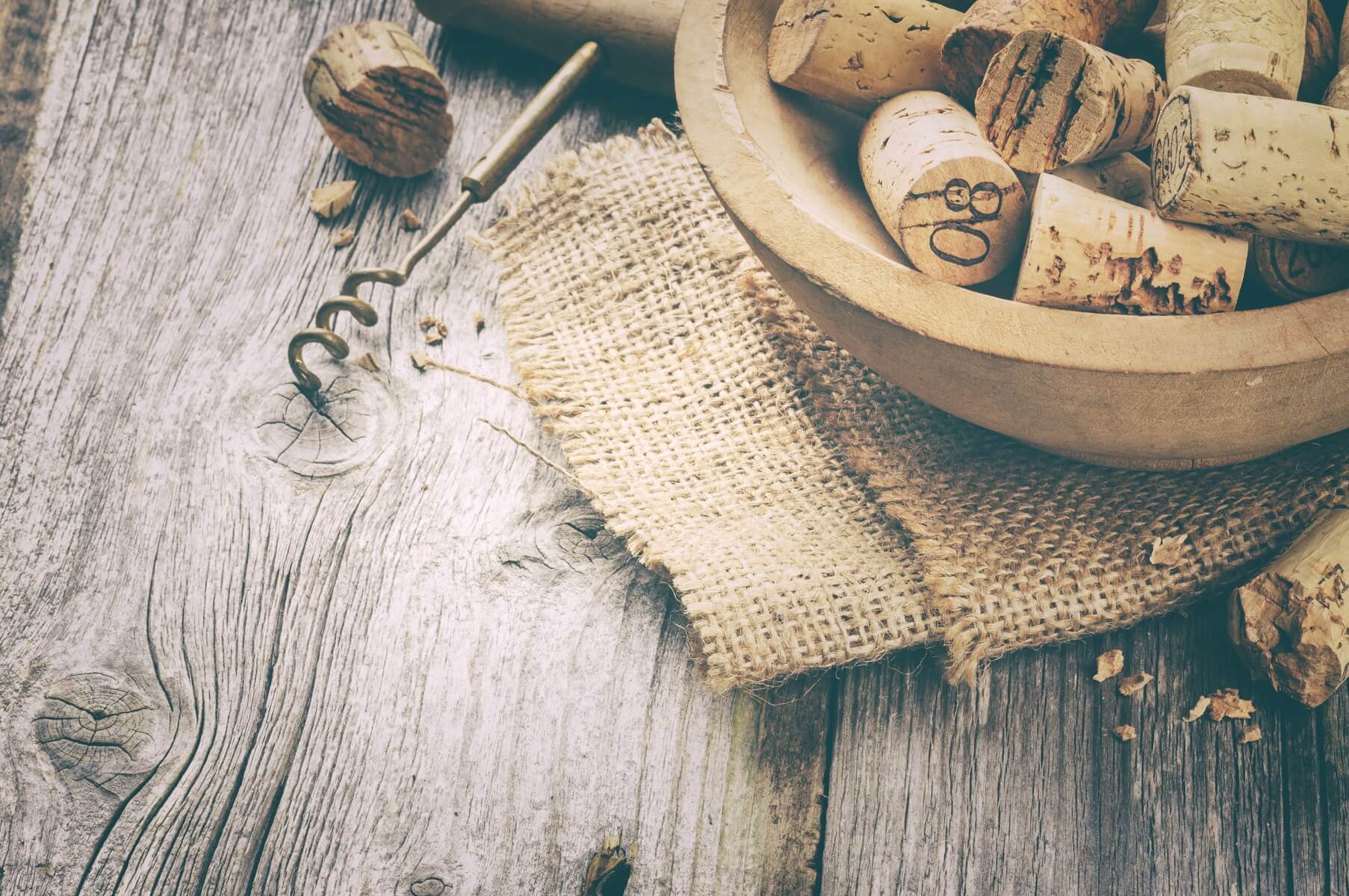

Even dedicated wine fans often end up with half-empty (or half-full?) bottles of wine at the end of the evening.
OK, so this doesn’t exactly happen very often… but every now and again, you might not get through a whole bottle of wine in one sitting. Sounds hard to believe?
I’ve managed to come up with a few scenarios in which there might - quite reasonably - be a half empty bottle left over at the end of the evening.
Firstly, you may have been sharing a couple of bottles with friends, and you’ve decided to be responsible and go to bed before the last bottle is polished off.
Secondly, perhaps you’re one of those wonderfully disciplined individuals who simply enjoys a single glass with their meal, or before bedtime.
Thirdly, you may be tasting wine, rather than ‘drinking’ in the usual sense. As such, it’s likely you’ll be opening several bottles, and getting nowhere near finishing them. (Side note, if this sounds like you then you should, take our Wine Palate Quiz so we can match your personal tastes to the three bottles we think you'll love most).
Fourth… ok, I’m struggling to think of many more reasons without stretching my imagination too much :)
Nonetheless, even a dedicated wine fan such as myself has often ended up with half-empty (or half-full?) bottles of wine at the end of the evening, and I have - as I’m sure we all have at some point - often wondered about how best to store the wine, and long it can keep for before turning bad.
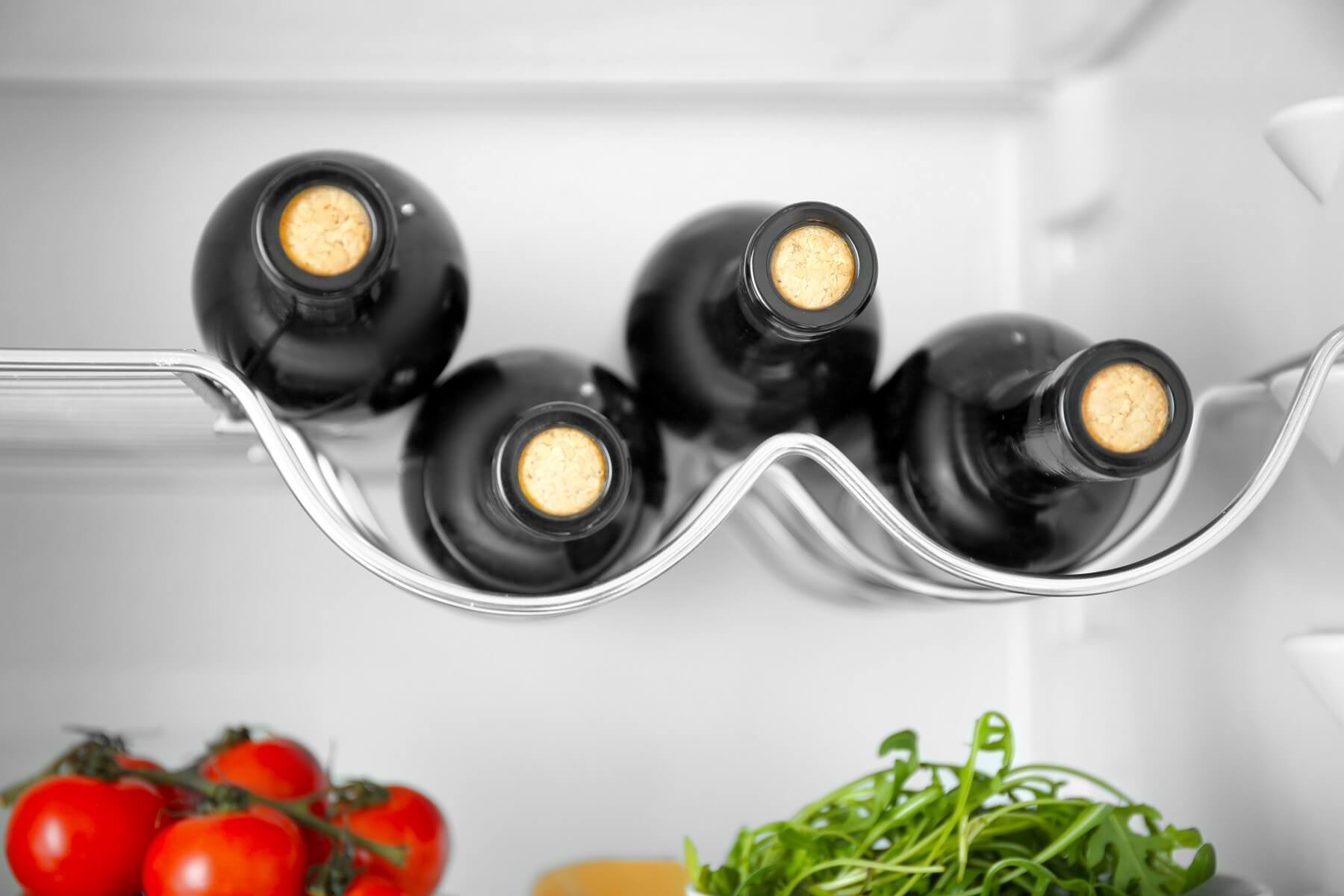
How long do different types of wine last once opened?
As with almost everything to do with wine, there’s a simple answer and a more complicated one. The simple answer? You don’t have to chuck away any of your wine, as long as you stopper the bottle, keep it in the fridge, and consume it within a couple of days of opening.
However, because wine fans love getting into the details and nitty-gritty, let’s take a look at some of the key wine types, and how they differ in this respect.
It’s worth keeping in mind just what we mean when we talk about wine ‘turning bad’. I’m not referring to the ‘vinegarisation’ of wine, which happens over a long period of time, but rather the flattening and deadening of wine’s flavours and aromas, which can happen pretty quickly.
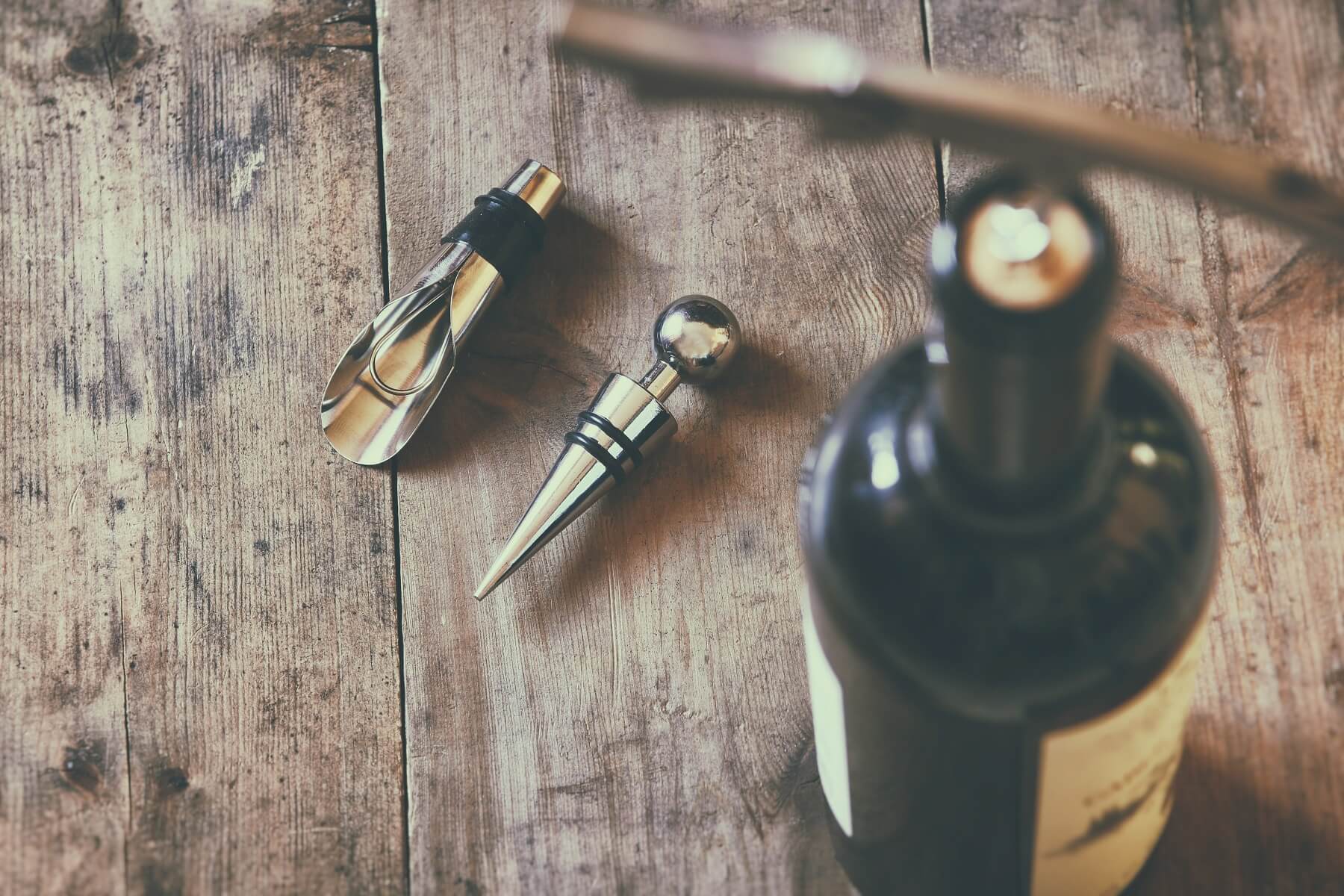
This comes about by a process of oxidisation, by which excess amount of air break down the acids and tannins in the wine, and cause it to lose its structure. It’s the same process which helps wine age and ‘breathe’ when we swill it around our glass, but to an extreme level that causes it to be unpalatable.
When we open a bottle of wine, we allow air to fill the space between the remaining wine and the cork or stopper, which then reacts with the wine and begins oxidising the liquid.
Wines with a high level of tannins and acids - full-bodied red wines like a Cabernet Sauvignon, for example - can handle more oxidisation before becoming too flat and flabby to drink, whereas lighter, softer, gentler wines will break down much more quickly.
Here’s a quick guide to help you keep an eye on your open bottles, and to help you know when to pour that final glass by!
Red wine: Generally speaking, you want to keep your red wine stoppered with a cork or more professional bit of kit, in a dark, cool place, and for no more than 3 to 5 days. Full-bodied red wines will probably taste even better for a day or two after opening, but your light-bodied reds like Pinot Noir are best finished up sooner than later.
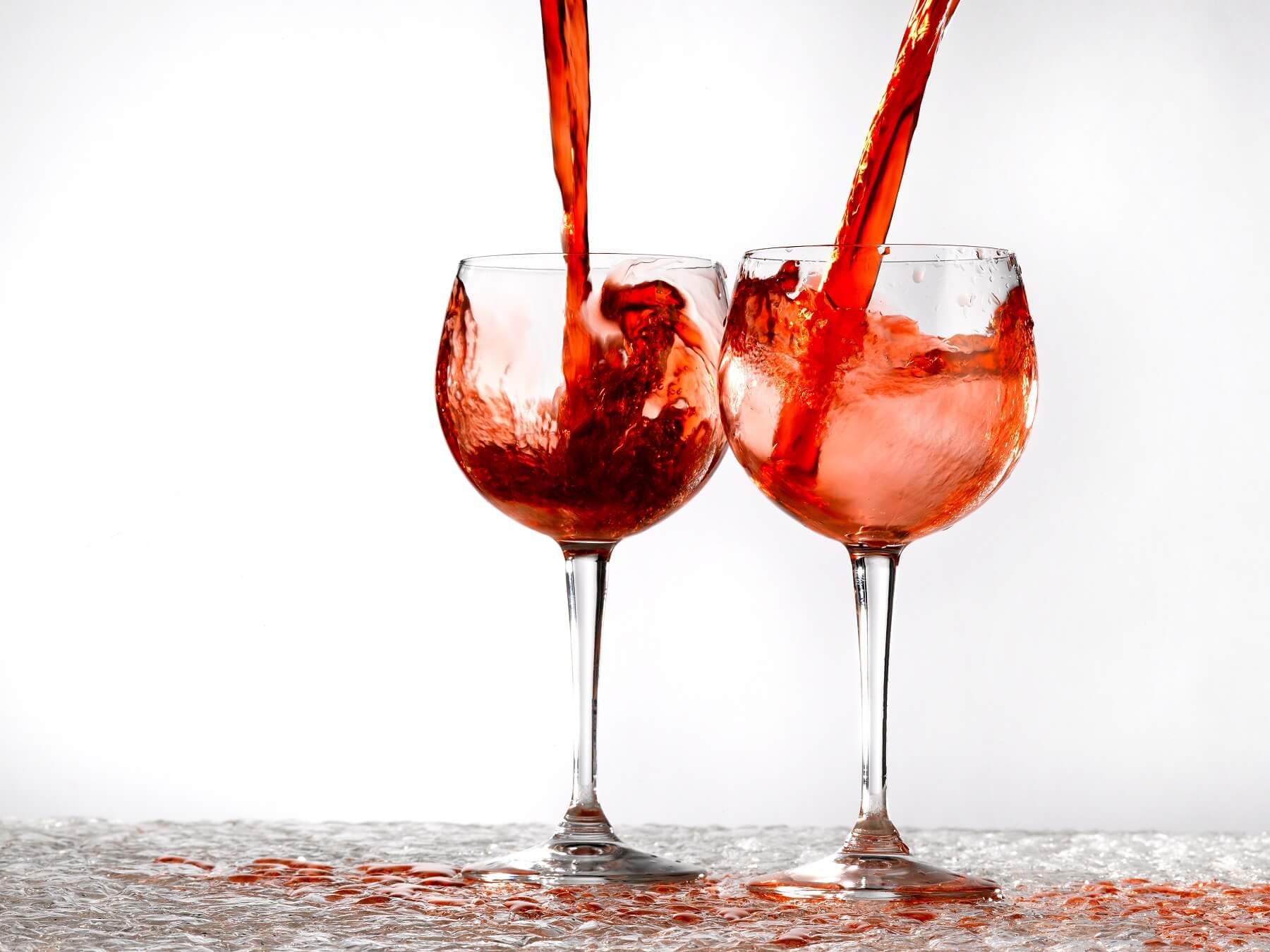
Light white and rose wine: Again, keep them in the fridge fully stoppered once opened. These wines are still palatable and tasty for up to a week, although most people would agree that five days is really the longest you should store them for once opened.
The reason being, all of those lovely fruit flavours will be the first to die off, leaving behind something quite different from the winemaker’s intended character (and usually, a fairly harsh set of characteristics). Sweet dessert wines can be treated in the same way.
Full-bodied white wines: You might imagine these would keep longer than their lighter, fresher counterparts, but the opposite is true.
The reasons for this are fairly complicated, but it’s mainly to do with the fact that wines like rich Chardonnays and Viogniers get a fair amount of oxidisation underway as they are fermented and aged. 3-5 days, corked in the fridge, is the usual advice.
And for the rest...
As for other wine styles, they vary from one extreme to the other. Sparkling wines really don’t keep very well at all - that effervescence and fizz die really quite quickly unless you use a professional preservation system… and what’s the point in drinking flat Champagne?

Fortified wines are the real survivors of the wine world; sherries, ports and their brethren have the bonus of containing grape spirits, and as such come with their own preservatives. Most fortified wines will be more than drinkable for a month after opening (although once you get into the habit of having a cheeky Port as a nightcap, it’s quite difficult to stop).
Here’s an interesting fact though: the clear winner when it comes to making table wines last longer is the humble, much-maligned bag-in-a-box wine. This method of storing wine allows it to stay fresh and tasty for up to three weeks if kept properly in the fridge.
Because of the position of the wine, and the fact that bag-in-a-box wine by its very design allows for no air to get inside, it’s a fairly reliable way to ensure you’ll have a fresh supply of wine for a comparatively very long time.
No wonder they’re becoming so much more popular with bars, wine fans and wineries alike!
Preservation systems
If you’re a serious wine fan, and yet often find yourself with unfinished bottles of wine, it may be well worth investing in some gadgetry to ensure your wine stays fresher for longer.
There are plenty of tools out there designed for this very purpose, and they range from the cheap and simple to the ridiculously complicated, and often outrageously expensive.
For most people, a decent quality wine stopper will do the trick. These tend to be made from durable mixes of plastic, and work in essentially the same way that a cork does - by blocking the neck of the bottle, and ensuring no more air gets in that will affect the wine further.
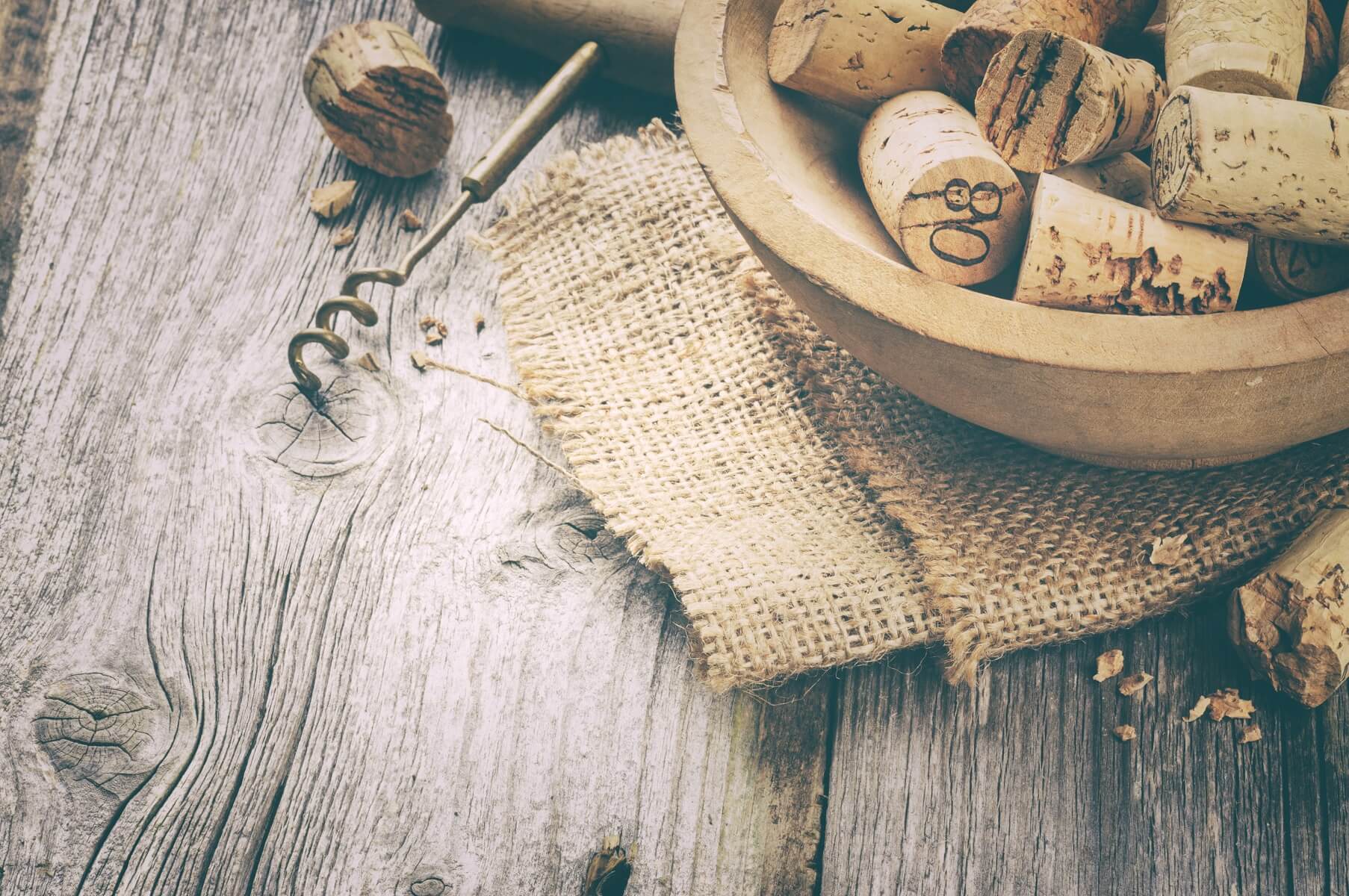
You can eke out an extra day or so from your wine with these, but for sensitive or aged wines, or for making a significant difference, they don’t do a whole lot.
If you’re looking for something a bit more effective, you might want to go for a pump system.
These are quite ingenious in their working; essentially, if the main problem with storing opened bottles of wine is the excess air in the bottle, what’s going to be the best way of dealing with that? By removing the air, of course!
Wine preservation pumps are usually just manual pumps with a stopper attached (although posher, automatic systems are available), and they allow you to suck out the trapped air from the bottle, and create a vacuum in its place. The better pumps will allow your wine to stay decent for about ten days - fairly impressive!
If you’re a wine collector, run a winery, wine bar or tasting room, there are more serious options out there. The most fascinating (and expensive) are what are known as ‘inert gas systems’. These use either argon or nitrogen, which - if your high school chemistry is as rusty as mine - are both heavier than air, and thus ‘sink’ when pumped into a container such as a bottle.
They settle on the surface of the wine, creating a blanket of gas which forces out the air and oxygen, and preserve your wine for up to a month. The cheapest options start at a couple of hundred dollars… and that doesn’t even include the gas cartridges. Still, if you really can’t bear (or afford) to throw away your treasured vino, it could be the perfect solution!
Now that we are done discussing unfinished wines, let's never speak of it again! Hop on over to our wine quiz and discover what our top 3 wines for you are!
Click here: to take our Wine Palate Quiz and match your personal tastes to the three bottles we think you'll love most.
Do you know your wine personality? If your answer is no, take our quiz to find out which wines to pick up next and build your box!
Build my box





